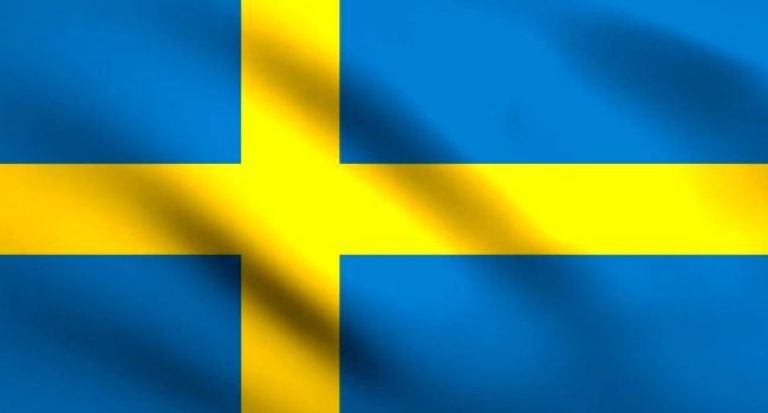President Donald Trump on Wednesday signed an executive order restricting immigration for a period of 60 days because of the coronavirus pandemic.
“This will ensure that unemployed Americans of all backgrounds will be first in line for jobs as our economy reopens,” Trump told reporters. “It will also preserve our health care resources for American patients.”
The president characterized the action as “very powerful.” However, it does not apply to any nonimmigrant visas, including those allowing temporary workers into the country for seasonal jobs in agriculture.
It also exempts health professionals and wealthy investors seeking to move to the country. It does halt permanent resident visas (known as green cards) for parents of U.S. citizens and permanent residents, but not spouses.
The order also excludes from suspension the cases of those who are in the country seeking to change their immigration status.
At the start of Wednesday’s briefing, Trump compelled the director of the Centers for Disease Control and Prevention to clarify remarks that a second wave of the coronavirus in the winter could be worse than the first one.
“I’m accurately quoted in The Washington Post,” said Robert Redfield, at the White House briefing room podium, when pressed by a reporter.
He said he meant to explain that a season of COVID-19 combined with influenza “was going to be complicated, or difficult.”
Trump initially said Redfield was misquoted and then took issue with the newspaper’s headline about its interview with the CDC director.
The president repeatedly insisted Wednesday that any second wave of the coronavirus would not be as bad.
“If it comes back, though, it won’t be coming back in the form that it was. It will come back in smaller doses we can contain,” Trump said. “But in my opinion from everything that I have seen it can never be like anything we witnessed right now. … It might not come back at all.”
However, when Dr. Deborah Birx, a member of the White House coronavirus task force, was asked by the president if there is a good chance COVID-19 will not return, she replied: “We don’t know.”
Immunologist Rick Bright, who was leading a government effort to help develop a COVID-19 vaccine, has filed a whistleblower complaint, contending he was transferred from two key posts this week for questioning Trump’s desire to make chloroquine and hydroxychloroquine widely available before such drugs are scientifically tested for efficacy with the coronavirus.
“I believe this transfer was in response to my insistence that the government invest the billions of dollars allocated by Congress to address the COVID-19 pandemic into safe and scientifically vetted solutions, and not in drugs, vaccines and other technologies that lack scientific merit,” Bright said in a statement released Wednesday by a law firm. “I am speaking out because to combat this deadly virus, science — not politics or cronyism — has to lead the way.”
The career official said he had also resisted “efforts to fund potentially dangerous drugs promoted by those with political connections.”
Bright was the director of the Department of Health and Human Services’ Biomedical Advanced Research and Development Authority (BARDA) and the deputy assistant secretary for preparedness and response.
The coronavirus has killed more than 46,000 people in the United States, the most reported by any country. In total, more than 840,000 COVID-19 infections have been confirmed in the country. (VOA)









376285 328826This is a quite exciting write-up, Im looking for this know how. So you understand I established your web web site when I was looking for sites like my own, so please look at my internet website someday and post me a opinion to let me know how you feel. 783951
350042 535943Ill do this if require to as much as I hope that is not too far off the track. 25731